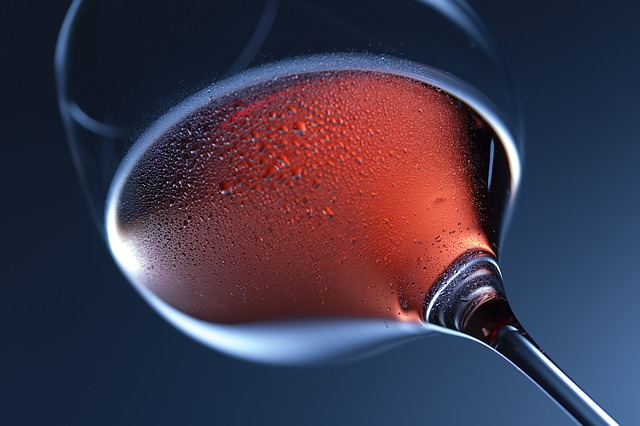Posted: Mar 11, 2017

A few years back, a respected member of the New York City wine retail community expressed to me in no uncertain terms how hard it was for her to sell a case of Syrah. “It’s easier to get rid of a chronic illness,” she quipped.
That may still be true from a sales point of view: Syrah has never captured huge numbers in the varietal market, trailing Cabernet Sauvignon (and Merlot and Pinot Noir) by substantial margins.
But from the perspective of a wine consumer, Syrah is often the better choice, offering more variety and value than Cabernet Sauvignon.
For starters, it’s easier to grow in a variety of locales and climates. Even in cool regions, like New York’s Finger Lakes, where Cabernet Sauvignon rarely loses its underripe bell-pepper-like pyrazines, Syrah can deliver bright cherry fruit tinged with peppery spice.
Likewise, in hot climates, like Australia’s Barossa Valley, Syrah outperforms Cabernet Sauvignon. While Cabernet loses its delicate fragrance there, Syrah is able to maintain a degree of elegance despite the heat.
From the perspective of a wine consumer, Syrah is often the better choice, offering more variety and value than Cabernet.
The worldwide demand and acclaim for Cabernet Sauvignon means those wines are typically more expensive than their Syrah counterparts. There are exceptions, such as Penfolds’ Grange selling for more than its Bin 707 Cabernet Sauvignon, but try comparing first-growth Bordeaux prices to what’s being asked for JL Chave’s Hermitage.
In 19th-century France, Rhône Syrah was used to improve Bordeaux’s Cabernet-based wines. Bordeaux thus treated was said to be “Hermitaged”, and sold for higher prices than unadulterated Bordeaux. In historic terms then, consumers have the chance to buy Syrah-based wines at a relative discount.
Six Great Syrahs to Buy Now
These current releases from around the globe are all $30 or less. Try finding Cabernet Sauvignons in this price range that measure up in terms of quality.
Kerloo 2014 Blue Mountain Syrah (Walla Walla Valley); $20, 93 points. Complex aromas and dense fruit flavors, brightened by snappy acidity. Impeccable balance.
Novy 2014 Syrah (Santa Lucia Highlands); $29, 93 points. Peppery, boysenberry-juice flavors, wrapped in an engaging texture.
Elephant Hill 2014 Syrah (Hawke’s Bay); $25, 92 points. Full bodied and richly textured, with bold fruit combining with black olive and marinated beef.
Michel Gassier 2013 Les Pliers Syrah (Costières de Nîmes); $17, 92 points. A concentrated, structured glass of savory, gamy goodness.
Torbreck 2014 Woodcutter’s Shiraz (Barossa Valley); $30, 92 points. Herbs and spices layered over silky-textured blueberries and black cherries.
Kingston Family 2014 Lucero Syrah (Casablanca Valley); $20, 91 points. Ripe blackberries, herbal spice balanced by ample body and crisp acids.
BY JOE CZERWINSKI
March 8, 2017
Source: Decanter
Go-Wine's mission is to organize food and beverage information and make it universally accessible and beneficial. These are the benefits of sharing your article in Go-Wine.com


The Wine Thief Bistro & Specialty Wines is a locally owned small business in downtown Frankfort, IL offering world class wines in a relaxed, casual gathering spot for friends and family. Offering world class virtual tastings and touchless carryout.
https://www.twtwineclub.com/aboutus
Go-Wine 25 Great Wineries in US selection prioritizes quality, value and availability.
www.go-wine.com/great-wineries-in-america
Tasting wine is a nice experience, but visiting the places in which wine is made is a magic moment. Available in New York City for touchless pickup.